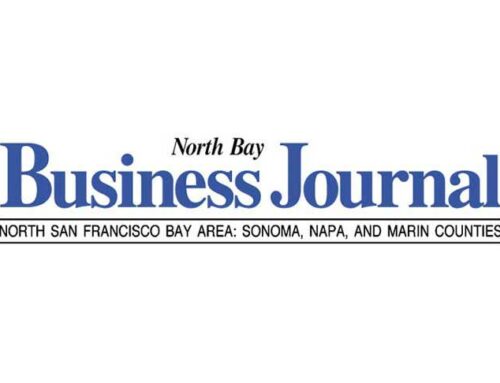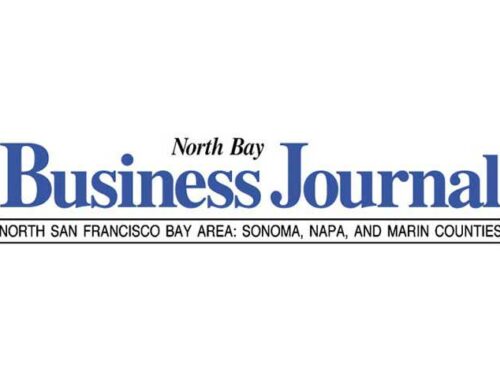THE NEW RETIREMENT: A PARADIGM SHIFT
North Bay Business Journal
BY GLORIA DUNN VIOLIN
In today’s work world, can we function without computers, or the web, or the cell phone? Not likely. These inventions have transformed our jobs — and personal lives — for good.
Yet, when we talk about ageism in the workplace, we forget that these (and thousands of other) useful, productive, and life-changing inventions came from the masterful minds of baby boomers — today’s older employees. And, although these innovators were younger as initial inventors, they continue to contribute to the business world.
Many of these baby boomers imagined and actualized an idea that became a product or service. They made their inventions viable and sustainable so that they could be translated into the marketplace. Through trial and error they learned how to bring their ideas from concept to completion.
Similarly, today’s older employees are using skills gleaned from years in the business environment. They have honed their expertise over time.
Look around your organization and appreciate the multiple contributions all employees are making. Many are as capable today as they were in the past to transform technology, save lives, and create useful products and services. Here are a few good examples of Baby Boomer inventors:
MACS AND PC COMPUTERS
Steve Wozniak and Steve Jobs developed the Apple II, the first personal computer, which included color graphics, a sound card, expansion slots, and other features ushering in an age in which computers would become as universal as TVs and telephones.
Wozniak’s later work included CL 9, the company responsible for the first programmable universal remote control. He is called one of Silicon Valley’s most creative engineers.
Wozniak is 65.
THE WORLD WIDE WEB
Sir Tim Berners-Lee, as a software consultant, came up with the concept for what became the web, which he designed in 1989. He also developed a software language to create web pages and the first web browser, which he made available to others in 1991.
Since then, his invention has become perhaps the most powerful means of communication ever developed. Berners-Lee is the director of the World Wide Web Consortium (W3C), which oversees the continued development of the web.
He is 61.
SUSPENDED-LOAD BACKPACK
Lawrence Rome led the development of a backpack that utilizes the up-and-down movements of a wearer’s body to generate electricity to power cell phones, computers and other devices. This invention may turn into a lifesaver for soldiers, rescue workers and others who depend on headlamps, GPS systems and mobile communications equipment in places where there are no outlets or generators to recharge them.
He is 64.
DISPOSABLE, PREPAID MOBILE PHONE
Randice-Lisa Altschul invented the first disposable, prepaid mobile phone, which was about the thickness of three credit cards, made from recycled paper products. Altschul designed her product for people who would not be interested in a long-term mobile phone contract and to tourists who might only occasionally need a phone while on vacation.
She is 56.
PIXEL IMAGE SENSOR
Eric R. Fossum is an American physicist and engineer known for developing the CMOS image sensor. He invented the pixel image sensor “camera on a chip” that enables digital cameras, cell phones and other devices to take pictures.
He is 59.
These inventors, and many others, created products and services that advanced the workplace and the world of tomorrow. We have never questioned their age. Now isn’t that a good practice to apply to how we treat people in today’s workplace?
The New Retirement: A Paradigm Shift (NorthBayBusinessJournal.com/NewRetirement) is a recurring column by Gloria Dunn-Violin (415-259-7090, havingalifenow.com, [email protected]). She is a professional speaker, seminar leader, and business consultant through her company, HAVING A LIFE After Making a Living. She has over 25 years experience in organizational behavior and development as a trainer, facilitator, consultant and coach. She also advises financial, insurance, and other businesses on how to provide their clients and employees with meaningful advice about aging and retirement.





